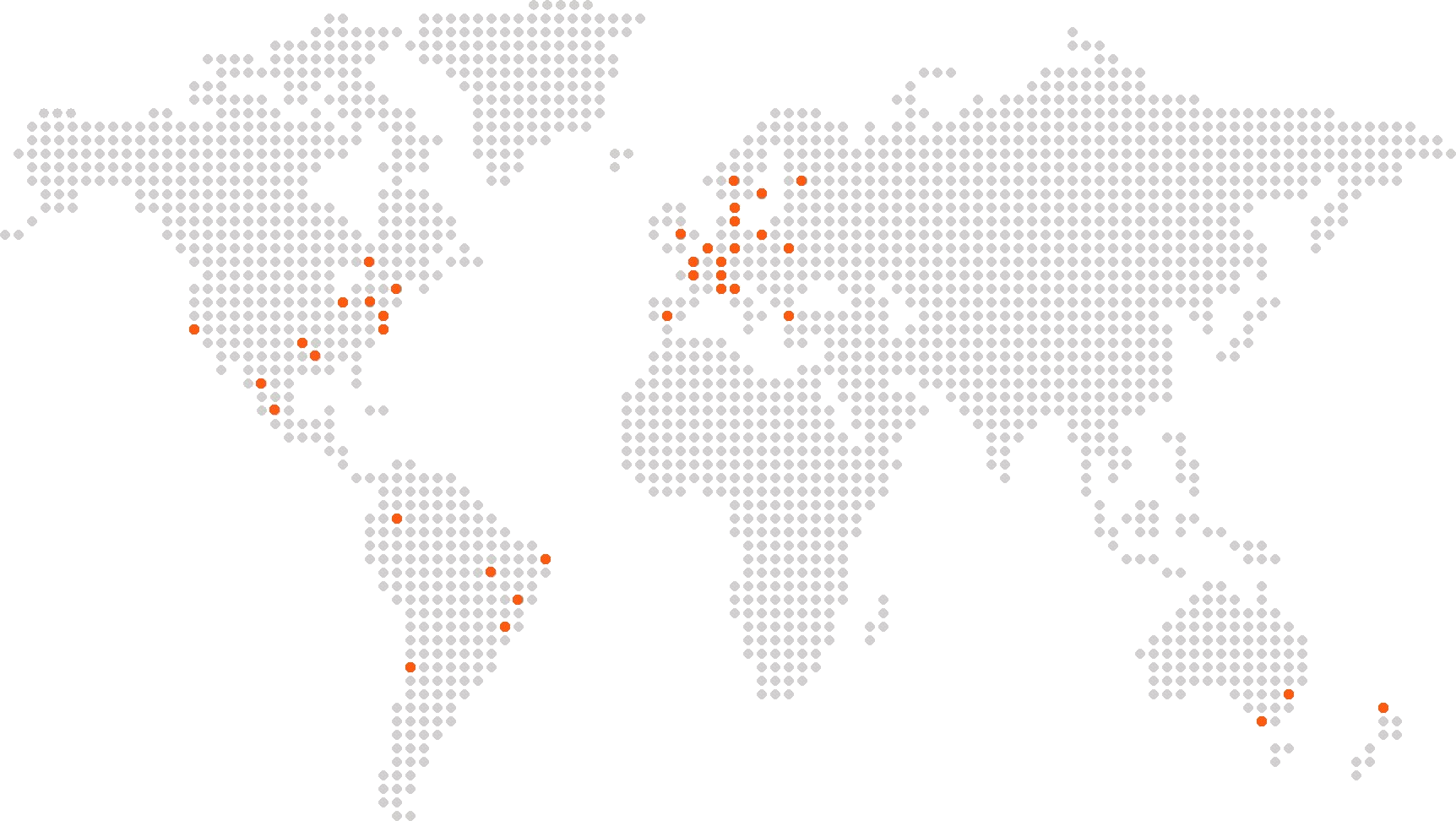By Jose J. Ruiz | Alder Koten
By definition, we are blindsided when we are struck by something that is not in our sight. Simply put, when we get hammered by the unexpected.
From a career perspective, it is defined by a shift in our environment that forces a situation of change that we did not expect and most likely we were not prepared for. It just happens. You probably know someone in that situation now, and there is a high chance you have probably been there yourself.
The more comfortable you are, the more secure you feel, the more likely it will happen. It is not pessimism. It is just human nature.
Here’s why: We are creatures of reference. We live, work, and play in social circles that make the world appear small. Our blind side, the part outside of what we see and experience every day, is much larger than what we tend to believe and accept.
To further complicate things, we love hindsight, and we rely heavily on history. Regardless of the nature of history, negative or positive, we will bet on the pattern of the past and against a pattern of change.
Now here is where the problem gets aggravated: When we find out that there is a connection between two people we know we’ll say: “What a small world!” Yes indeed. Our world is tiny. Not the planet, mind you. Our world, as in our circles, is small. The history we know, the one that drives our instincts and many times unconscious patterns of behavior, tends to be the history of those circles that surrounds our everyday life. They are our reference points. We measure success, failure, the good, and the bad by the close references in our lives. It gets aggravated because we not only tend to rely on the patterns of history, we tend to rely on a limited sample of history as our reference. So when external forces shift or break our circles, we get blindsided.
It happens to countries, and it happens to industries, it happens to companies, and it happens to us.
Take the automotive industry as an example. The automobile was invented here. Henry Ford pioneered the production line, and the booming industry made cars a part of everyday life by the mid 20th century. It was an industry that was driven (no pun intended) by the United States. The United Auto Workers (UAW) Union became one of the most influential in the country. It was a broad and powerful circle, but a circle nevertheless. History was on their side, and few questioned any significant change.
The US auto industry benchmarked within their circle, and most members of the UAW assumed that risk factors that could put their current quality of life at stake were simply on the other side of the negotiating table. They got hammered by the unexpected, and in December 2008, the big three – GM, Chrysler, and Ford — asked the government for a $34 billion bailout to avoid bankruptcy. There is much irony because the unexpected was much expected. It did not happen overnight. Not even over months. It took years and yet the burden of their history, their inability to recognize what was going on outside their circles blindsided them.
The forces in play for the automotive industry are the same forces that have been in play, and for more than a few years when it comes to your career. These forces were kicked into high gear as a product of the great recession: Speed – the rate at which change is happening, and global interdependence. The gloves are off, and the competition is broad and fierce.
These forces will become more and more evident, and they will challenge your ability to reduce your blind side. Whether you like it or not, whether you are ready or not, they will shift your circles, change your paradigms and break many of your preconceptions. If you are not careful, they will floor you.
So what should you do? The broad answer is many things, and we will be covering them in this column on a weekly basis. The short answer is simple: You need to reduce your blindside by increasing your awareness and being proactive.
Bottom line: You cannot afford to drift and let outside factors define your future and your career. Take control, take ownership and drive it.
About Alder Koten
Alder Koten helps shape organizations through a combination of research, executive search, cultural & leadership assessment, and other talent advisory services. Our recruiters and executive search consultants bring to the recruiting process an in-depth understanding of the market conditions and strategic talent issues faced by clients within their particular industry. Our leadership consultants provide advisory services that are crafted to be collaborative, responsive, pragmatic, and results oriented. Focused on expanding the capabilities of the organization through talent.






